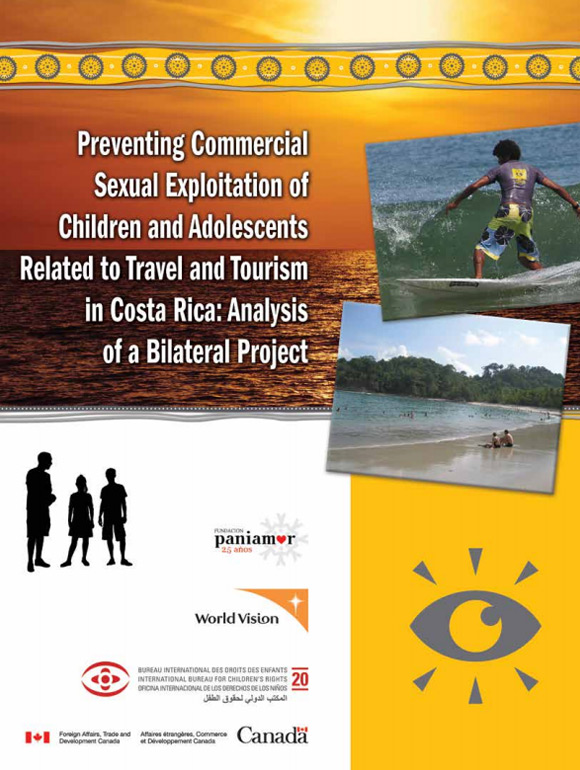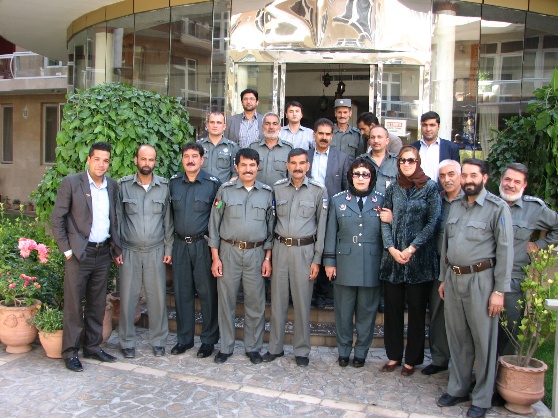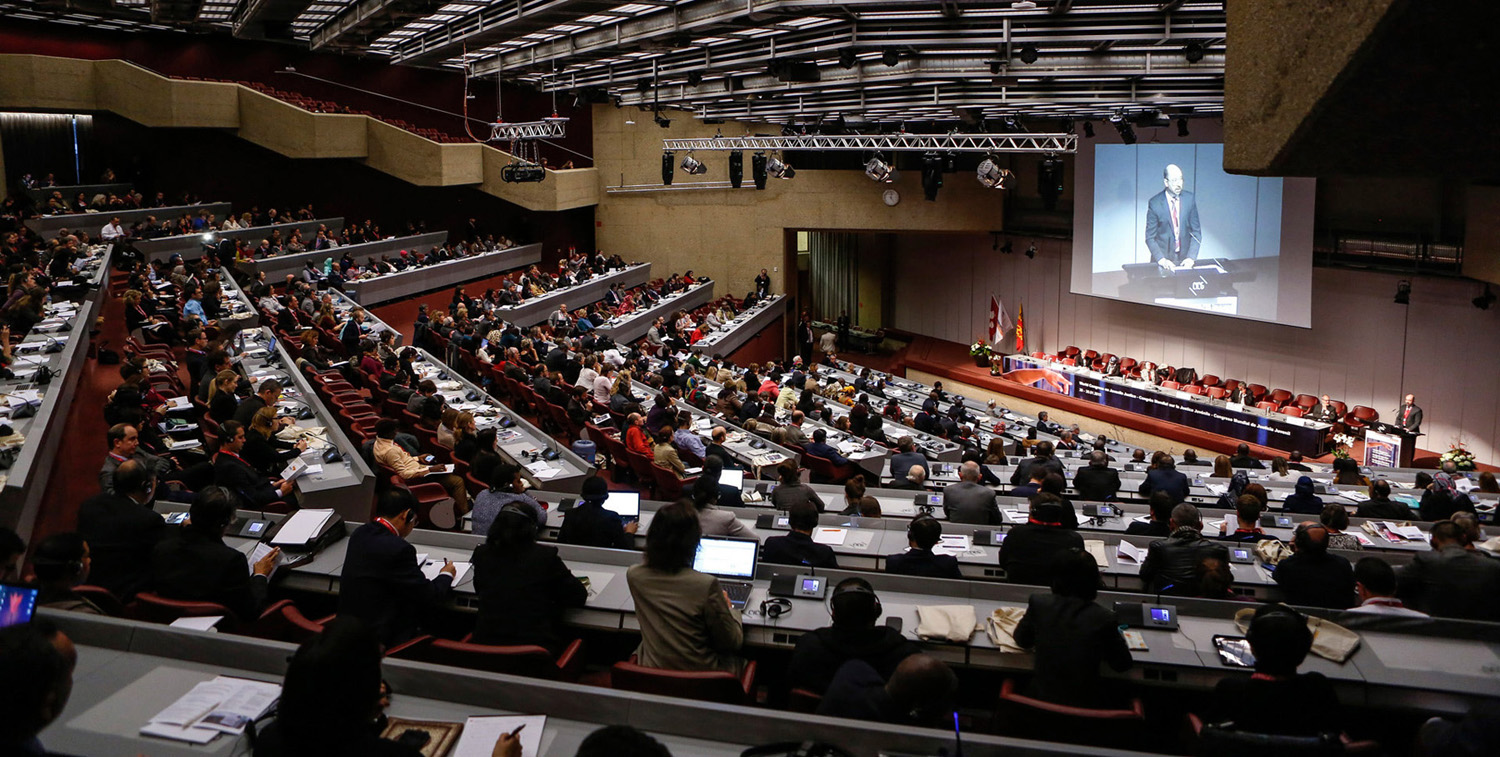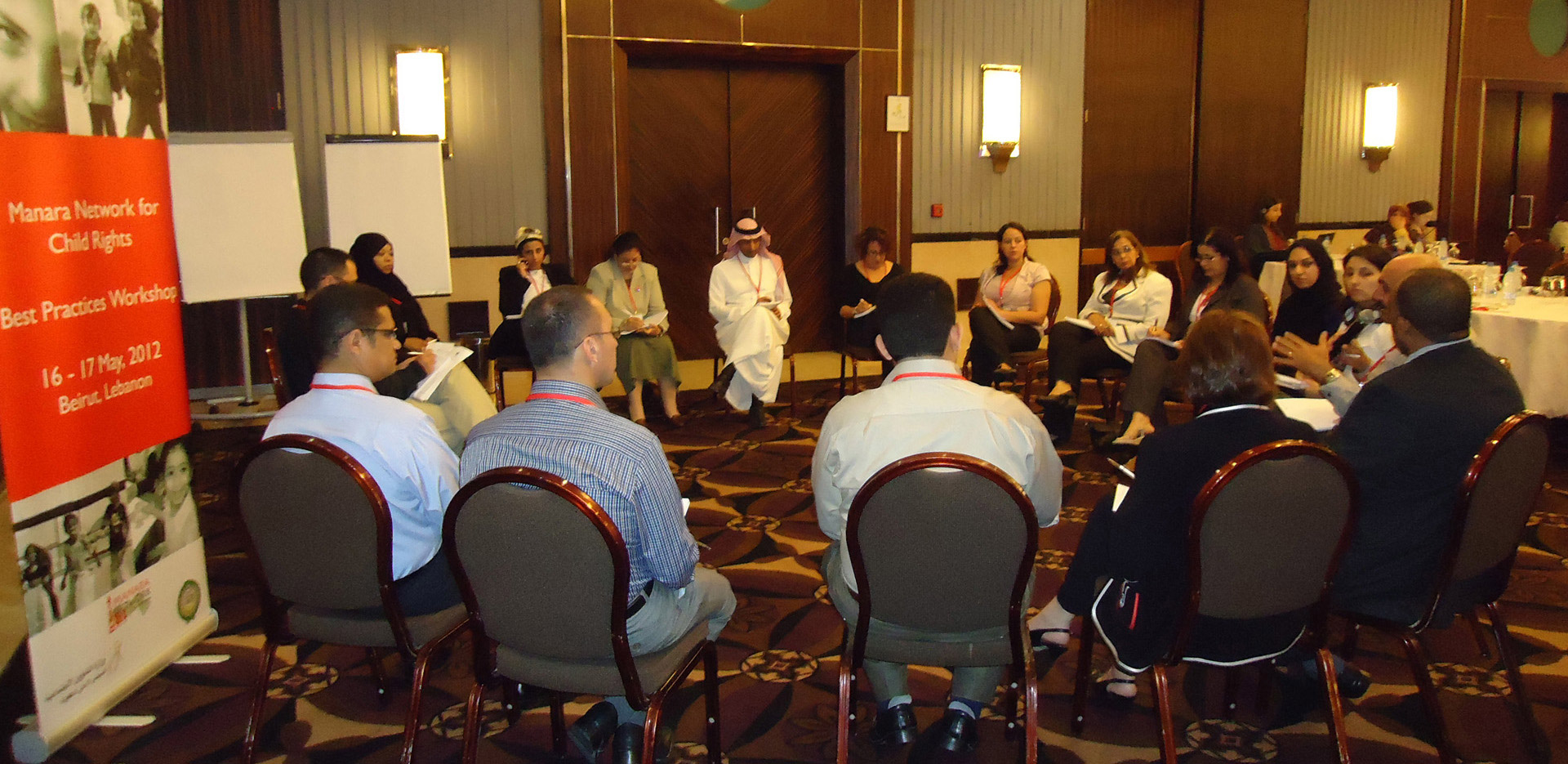Combating child sexual exploitation in the travel and tourism industry
Campagne de sensibilisation, Costa Rica, 2013
I used to think differently. Before, I would have said: ‘Look at those degenerate girls…’ It’s not true. You taught me that the girls aren’t to blame
<span class="su-quote-cite">Artisan from Manuel Antonio, Quepos</span>
After launching the first public awareness campaign in Canada on extraterritorial legislation in collaboration with Plan Canada and OneChild, the IBCR developed a bilateral initiative to combat the sexual exploitation of children in the travel and tourism industry in Costa Rica—a country that more and more Canadians are choosing to visit. With the financial support of Global Affairs Canada and World Vision Canada, the IBCR established a partnership with a Costa Rican organisation, the Paniamor Foundation, and implemented a two-year project in the provinces of Guanacaste and Puntarenas, which are particularly vulnerable to sexual tourism involving children.
Our Goals
The main goal of this bilateral project was to prevent the sexual exploitation of children in the travel and tourism industry in Costa Rica. More specifically, over the course of the two project phases that focused first on the province of Guanacaste in 2012 and then Puntarenas in 2013-2014, the objective was to educate professionals in the travel industry about the legal and social consequences of the sexual exploitation of children and the importance of child protection in Costa Rica. The project focused primarily on representatives from the informal tourism sector (taxi drivers, surfing instructors, artisans and beach vendors) who often act as intermediaries between children and tourists.
The awareness-building efforts carried out by the IBCR and the Paniamor Foundation in those provinces also sought to break down stereotypes related to relationships between the sexes and masculinity, as well the myths, beliefs and practices that help perpetuate the sexual exploitation of children. Numerous workshops and information sessions were also organised with the aim of reducing social tolerance of this crime.
Finally, the project facilitated the education of Canadian tourists on their way to Costa Rica by informing them about the penalties in sexual exploitation cases, and helped reinforce the system for prosecuting individuals found guilty of sexually exploiting children. To this end, the IBCR and the Paniamor Foundation formed a close partnership with existing child protection networks in the provinces of Guanacaste and Puntarenas, and collaborated with non-governmental organisations and bodies responsible for enforcing the law in the destination country and in the country of origin of sexual tourists.
- Among other achievements, the project facilitated data collection for a mapping report (lien rapport) and the creation of a preliminary diagnosis of the commercial sexual exploitation of children and adolescents in connection with travel and tourism in the province of Guanacaste.
- It also served to reinforce cooperation between Canadian and Costa Rican police authorities for all matters pertaining to sexual tourism involving children.
- In addition, the IBCR and the Paniamor Foundation set up an information-training-action strategy aimed at stakeholders in the informal tourism sector, and formed a contingent of volunteers whose mission it is to educate taxi drivers and other professionals involved in the informal tourism industry.
- The IBCR also helped reinforce the abilities of local networks by organising activities aimed at expanding their knowledge and skills in the field of child sexual exploitation to improve the protection of children and adolescents in those regions.
- Finally, the project led to the development of an information campaign aimed at educating local communities in Costa Rica as well as Canadian tourists about the criminality of the commercial sexual exploitation of children and adolescents.
- Intervention locations : The provinces of Guanacaste and Puntarenas
- Project duration: 2012-2014
- Partners :
- Paniamor Foundation
- Global Affairs Canada
- World Vision Canada
- One Child
- Highlights:
- Over 250 Costa Rican representatives from the informal tourism sector and volunteers received training on the social and legal consequences of the commercial sexual exploitation of children and adolescents
- More than 9,000 pamphlets were distributed and three million passengers were educated at airports in Montreal, Quebec City and San José
- Over 20 Canadian partner travel agencies helped distribute educational material about the implications of child sex tourism
- Fields of activity and expertise :
- Capacity building
- Applied research
- Advocacy and institutional support
- Tools, reference manuals and standards
- Training leadership
- Child sexual exploitation









